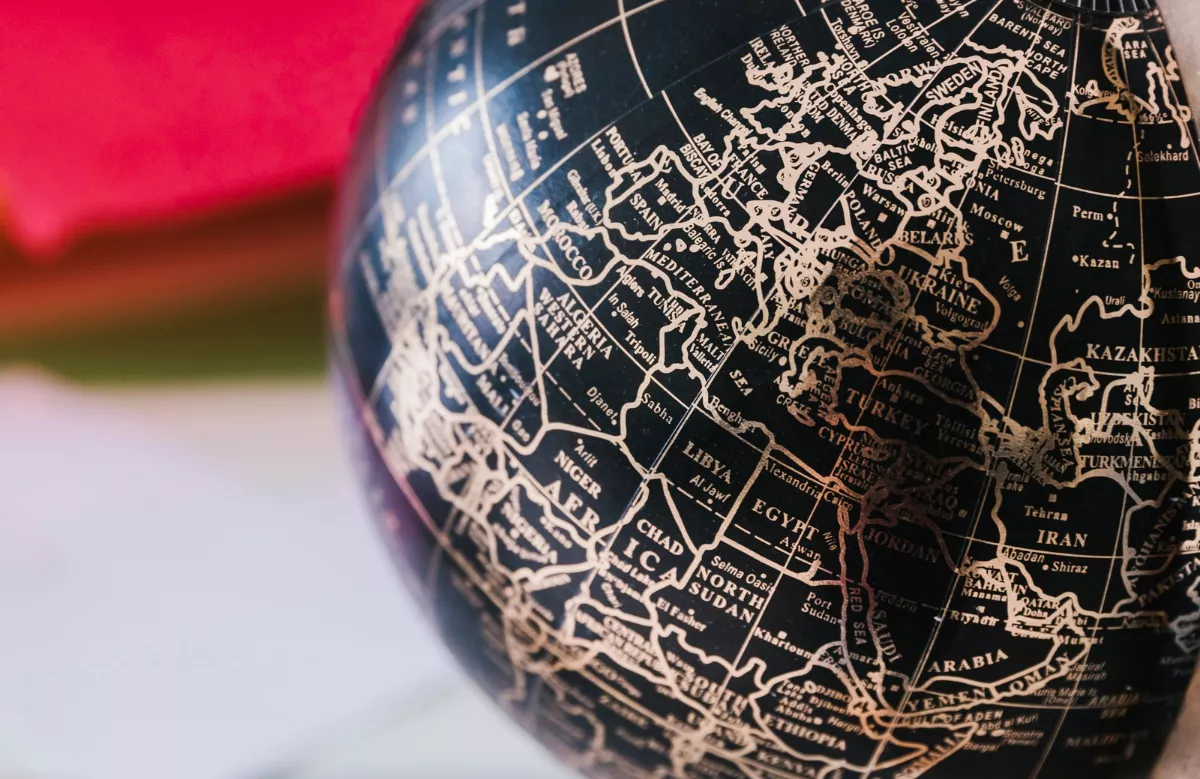Persianate Worlds: A Symposium - Day Two

April 18-19, 2025 The term “Persianate” was coined in the late 1960s by historian Marshall Hodgson and appeared in print for the first time in 1974 in his influential three-volume The Venture of Islam: Conscience and History in a World Civilization. He used it to conceptualize the region “from the Balkans to Bengal” that between the fifteenth and nineteenth centuries witnessed a particular form of political and literary flourishing afforded by the unprecedented material power of Islam and the aesthetic contributions of court cultures in the Ottoman, Timurid, Safavid, and Mughal empires of West, Central, and South Asia. The Persianate world was transregional and pluralistic in myriad ways, but it is often considered to have been unified at least in part by Persian literary culture, Persian social form and public decorum (adab), and most specifically the Persian language. Grown out of a special feature of PMLA edited by Pardis Dabashi, entitled “Persianate Words and Worlds,” this symposium will feature new work by scholars within and adjacent to Persianate studies. It will examine the field’s theoretical and historical foundations, as well as the new directions it has taken in recent years. What other languages, for instance, are scholars of the Persianate considering in their examinations of this transregional ecumene? What forms of ethnic, religious, and even national divisions characterized this vast region otherwise understood to have pre-dated the rise of the modern nation state and been held together by the Persian language? What are the cultural contours and literary afterlives of the so-called Persianate world in the twentieth and twenty-first centuries? And finally, what methods does this expansive field encourage, if not require, as it continues to grow and change?
SCHEDULE: DAY TWO
9 to 9:45 a.m.: Breakfast
9:45 to 11:15 a.m.: Panel 3: “Methods and Mediascapes in Persianate Modernities” Aria Fani, University of Washington – “Pathways to Persotopias: The Poetic Legacy of Mohammad Kazem Kazemi” Samuel Hodgkin, Yale University – “Takhallus, Heteronym, Chatbot: Hamid Ismailov's Virtual Majalis" Discussant, Guangtian Ha, Haverford College
11:15 to 11:45 a.m.: Coffee Break
11:45 to 1:15 a.m.: Closing Lecture – Firoozeh Kashani-Sabet – University of Pennsylvania – “The Persianate Perimeter: Where Does it Begin or End?”
1:15 to 1:25 a.m.: Closing Remarks, Pardis Dabashi, Bryn Mawr College Sponsors: Middle Eastern, Central Asian, and North African Studies Program; 1902 Lecture Fund; Film Studies Program; Comparative Literature Program; Department of English; Political Science Department; Office of the Provost; Office of the President; History Department; History of Art Department; Colloquium in Visual Culture; Africana Studies Program; International Studies Department; Department of Religion (Haverford); Department of Peace and Conflict Studies (Swarthmore)
All symposium events will take place at Bryn Mawr College, Old Library, Room 224 If you have any questions, please email Pardis Dabashi (pdabashi@brynmawr.edu) or Daniel Parker (dparker1@brynmawr.edu).
Bryn Mawr College welcomes the full participation of all individuals in all aspects of campus life. Should you wish to request a disability-related accommodation for this event, please contact the event sponsor/coordinator. Requests should be made as early as possible.